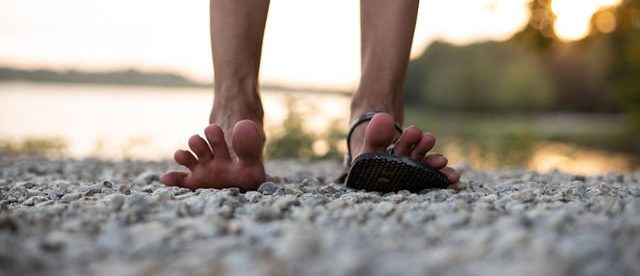Understanding the Minimalist Shoe Movement
The minimalist shoe trend has been gaining momentum, with enthusiasts advocating for their benefits. But are minimalist shoes good for you? This question has sparked a debate among podiatrists, athletes, and casual walkers alike. The minimalist shoe movement is rooted in the idea of freeing the foot from the constraints of traditional footwear, allowing for a more natural movement and potentially reducing the risk of injuries. However, opinions vary widely, and it is essential to delve deeper into the subject to understand the implications fully.
The Appeal of Minimalist Footwear
Minimalist shoes are designed to mimic barefoot conditions, promoting a more natural gait. They are lightweight and flexible, which some argue can lead to improved agility and balance. According to Wikipedia, proponents of barefoot running and minimalist shoes believe that such footwear can strengthen the foot muscles and tendons, leading to a more efficient stride. This perspective is shared by many athletes and fitness enthusiasts who have transitioned to minimalist shoes, citing improved performance and reduced discomfort.

Potential Drawbacks and Considerations
Despite the allure, minimalist shoes are not without their drawbacks. Critics point out that the lack of support and cushioning can lead to an increased risk of injury, particularly for those who are transitioning from traditional footwear without proper guidance. A study published in the Journal of Orthopaedic & Sports Physical Therapy suggests that minimalist shoes may not necessarily prevent injuries and could even contribute to a higher incidence of stress fractures. It is crucial for individuals to listen to their bodies and progress gradually when incorporating minimalist shoes into their routines.

Adapting to Minimalist Shoes
For those considering a switch to minimalist shoes, it is vital to understand the process of adaptation. The transition should be gradual, allowing the feet and lower limbs to adjust to the new footwear. Celebrities like Christopher McDougall, author of “Born to Run,” advocate for a slow and mindful approach to adopting minimalist shoes. This approach can help mitigate the risk of injury and provide a more comfortable experience. McDougall emphasizes the importance of starting with shorter distances and increasing the duration as the body adapts.

Customizing Your Minimalist Experience
The effectiveness of minimalist shoes can vary greatly from person to person. It is essential to customize the minimalist experience to suit individual needs and preferences. Factors such as foot shape, running style, and personal comfort levels should be taken into account. As stated by Quora contributors, there is no one-size-fits-all solution when it comes to footwear. Some may find that a hybrid approach, combining elements of both traditional and minimalist shoes, works best for them.
Conclusion: The Personal Journey with Minimalist Shoes
The journey with minimalist shoes is a personal one, filled with both potential benefits and challenges. It is a decision that should be made with careful consideration and an understanding of one’s own body and needs. Whether you are a seasoned athlete or simply looking to improve your daily walking experience, minimalist shoes may offer a unique opportunity for exploration and discovery. Remember, the key lies in finding the right balance and making informed choices that align with your health and well-being.
